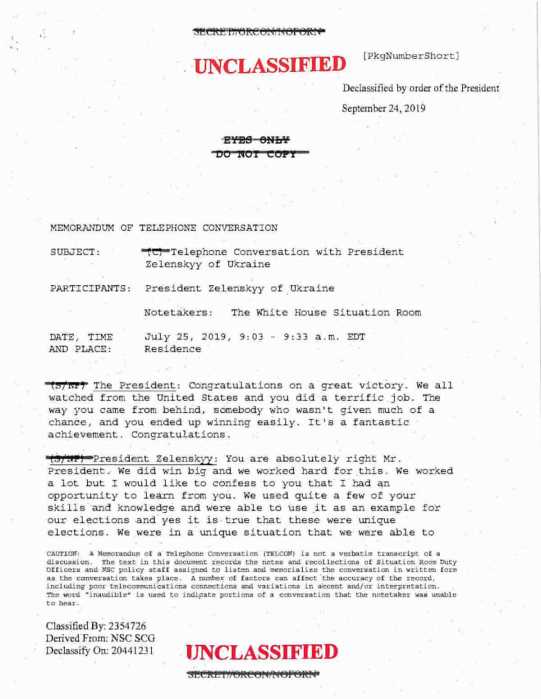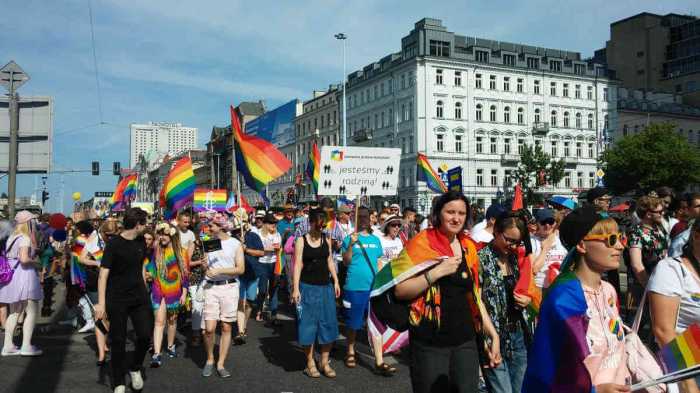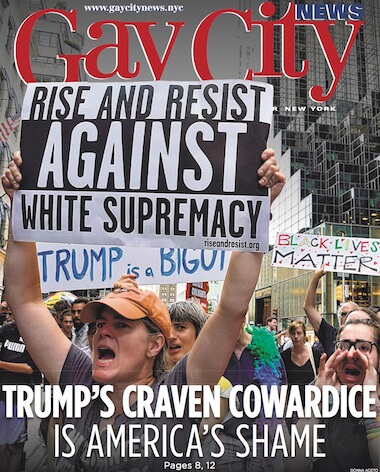A US Ninth Circuit Court of Appeals panel has granted a gay Russian asylum seeker’s petition for review, finding that there must be a determination of whether the government met its burden of showing that conditions for LGBT people in Russia have improved sufficiently to overcome the presumption that the applicant has a well-founded fear of persecution if required to return there.
The recent wave of harassment and violence aimed at the LGBT community in wake of new anti-gay legislation there and Russian law enforcement’s failure to halt such activity would seem to make meeting that burden impossible. In fact, those following recent news reports out of Russia would likely think it incredible that this question has not been definitively resolved under US asylum policy.
The panel, in a November 27 ruling, remanded the case to the Board of Immigration Appeals (BIA), which it said erred in its finding that the asylum applicant failed to show he was subjected to persecution by individuals the Russian government was unable or unwilling to control.
In case dating to Bush era, Obama administration faces challenge on how its asylum policy will treat LGBT conditions under Putin
Circuit Judge Arthur L. Alarcon noted that, contrary to customary procedures, the asylum applicant was authorized to proceed anonymously in a “John Doe” filing, something granted “in exceptional cases where necessary to protect a person from harassment, injury, ridicule, or personal embarrassment.”
The Immigration Judge (IJ) who initially considered Doe’s application expressly found that his testimony about growing up in Russia was credible. The applicant stated he joined a club for gay students while attending East Siberian Technological University in his hometown of Ulan-Ude. Soon, classmates, members of his wrestling team, and others “began mocking him.” Doe suffered two violent attacks from fellow students, and after the first, in which he sustained an eye injury and body bruises, police dismissed his effort to make a report by saying the “case is not so serious” and asking why he didn’t defend himself.
In the second attack, in April 2003, Doe and his boyfriend were beaten by other customers in a restaurant, and the applicant lost consciousness, suffered internal brain hemorrhaging and a concussion, and was hospitalized for three weeks. His father reported the attack to the police, who sent an officer to interview him in the hospital. Though the officer gave him the name of some of his attackers, who were known to him from school, Doe later received a letter from police saying the case would not be prosecuted, based on a provision in the criminal code that was not spelled out. After his release from the hospital, Doe continued to face harassment from the same attackers.
He soon moved to Moscow, where he said he endured discrimination and suspicion from police due to his Buryat ethnicity. After four months, he left Russia for the US on a student visa.
In New York, Doe enrolled in the American Language Communications Center, but eventually stopped attending classes and received a notice from Homeland Security that he was violating the terms of his visa. At that point, he applied for asylum.
Despite accepting Doe’s testimony as credible, the IJ found that “the record does not support the conclusion that the government was unable or unwilling to protect the respondent.” The judge said the police’s action in ignoring Doe’s report of his first beating reflected prejudice but pointed out that, in the second case, an officer was sent to the hospital to interview him. Regarding the lack of prosecution in that case, the IJ would not “conclude that the police decision was based on an improper motive” because he lacked information about the specific provision of Russian law authorities cited.
The IJ also noted that Doe was able to relocate to Moscow to escape his local persecutors. The judge deemed his claim of ethnic discrimination in Moscow irrelevant since it was not due to his sexual orientation.
When Doe appealed in November 2007, the BIA ruled his “claim is based on isolated hate crimes which, while deplorable, do not establish his eligibility for asylum.” The applicant, the board found, had “not shown that there is widespread persecution of homosexuals in Russia which is sponsored or condoned by the Russian government.” The BIA, which during the administration of President George W. Bush was generally unfriendly to gay asylum claims, also noted the lack of specific information about the grounds on which authorities declined to prosecute in the second assault.
In July 2009, Doe petitioned the Ninth Circuit to review the BIA ruling.
In his opinion for the appeals panel, Judge Alarcon wrote, “We are persuaded, after reviewing this record, that the BIA erred in concluding that Doe failed to demonstrate that the Russian government was unable or unwilling to control the persons he identified as having persecuted him on account of his homosexuality. The Government failed to present any evidence to rebut Doe’s undisputed testimony that he suffered serious assaults at the hands of individuals on account of his homosexuality or to show that the Russian government was able and willing to control nongovernmental actors who attack homosexuals.”
The US government, the panel found, would have “to show by a preponderance of the evidence that ‘there has been a fundamental change in circumstances such that the applicant no longer has a well-founded fear of persecution’ or ‘the applicant could avoid future persecution by relocating to another part of the applicant’s country.’”
The Ninth Circuit panel also found that the BIA erred when it regarded the discrimination Doe encountered in Moscow on account of his ethnicity as, in effect, a separate asylum claim.
“Doe raised these issues to support his contention that he could not reasonably relocate to Moscow, not as a separate ground for asylum,” Alarcon wrote.
As the case stands now, the Obama administration faces an interesting test, asked to take a stand in a judicial forum on the question of whether the Russian government is now complicit in the severely oppressive situation confronting gay people there. World opinion seems clear on the Putin regime’s culpability in this regard.



































